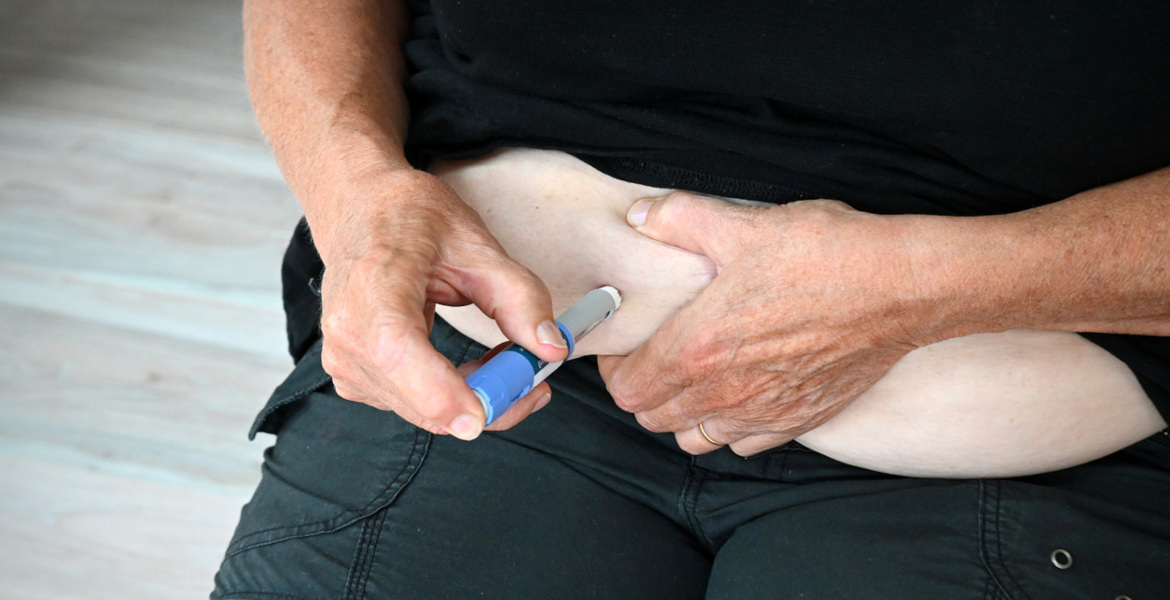A Korean study shows that increased consumption of sugary carbonated drinks may be associated with an increased risk of depression. Higher soda consumption was correlated with an increased risk of depressive symptoms.
In a study conducted at Sungkyunkwan University School of Medicine and Kyung Hee University in South Korea, 136,393 participants were asked to complete a questionnaire about their eating habits. They also collected the participants’ medical history, as well as current alcohol habits, smoking, physical activity, education, BMI, blood sugar levels, and blood pressure. The researchers also measured the participants’ depression levels. The average age of the participants was 39.5 years.
The study, published in the journal Scientific Reports, showed that there was a significant positive association between the consumption of sugary carbonated drinks and the risk of depressive symptoms. The more of these drinks consumed, the greater the risk of depressive symptoms.
– Carbonated drinks not only make you fat, but they can also cause another problem: depression. And drinking as little as one can of soda a day can make you feel depressed, Ju Young Jung told PsyPost.
Obesity and insulin resistance
Jung points out that even though South Korea does not have as high a soda consumption as the US, the group that drank such drinks at least once a week still showed more depressive symptoms than those who did not drink at all.
Despite previous theories that the link between soda and depression could be linked to metabolic problems such as obesity and insulin resistance, the study’s findings suggest that other factors may also be at play. However, they stress that more research is needed to clarify the exact causal relationships.
Jung also notes that the study did not distinguish between non-caloric soft drinks, which raises the question of whether they may also be associated with depression.
– It is unclear whether zero-calorie drinks also have a strong association with depressive symptoms in Koreans, he says.








